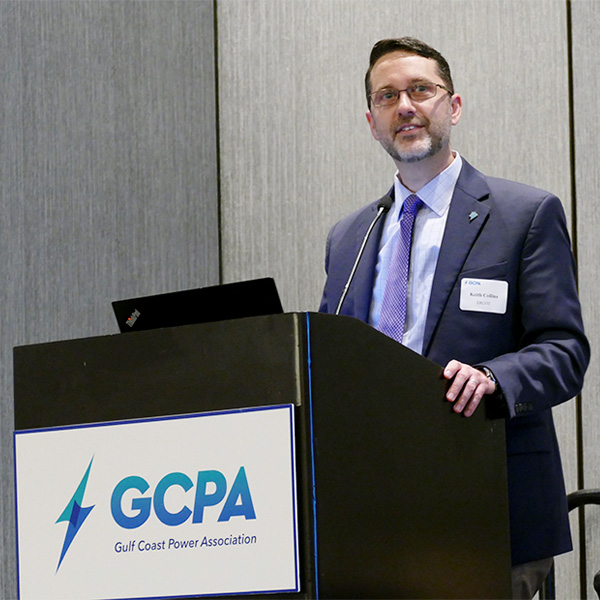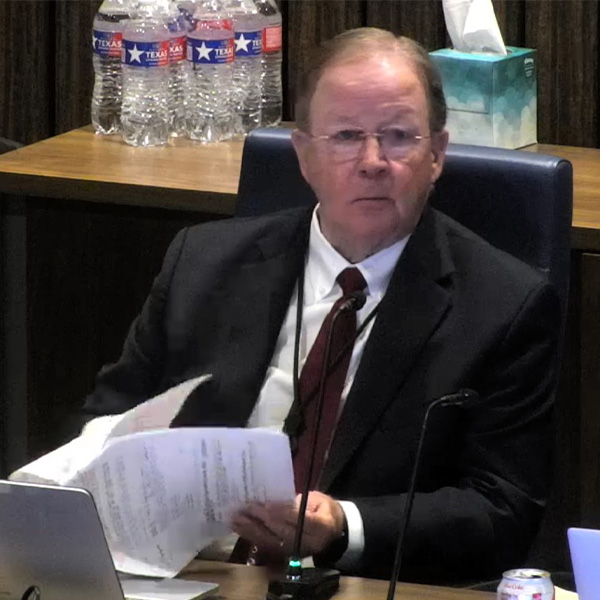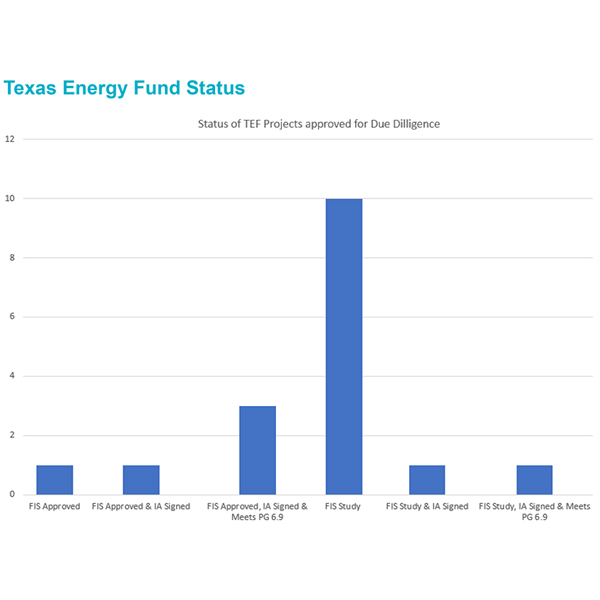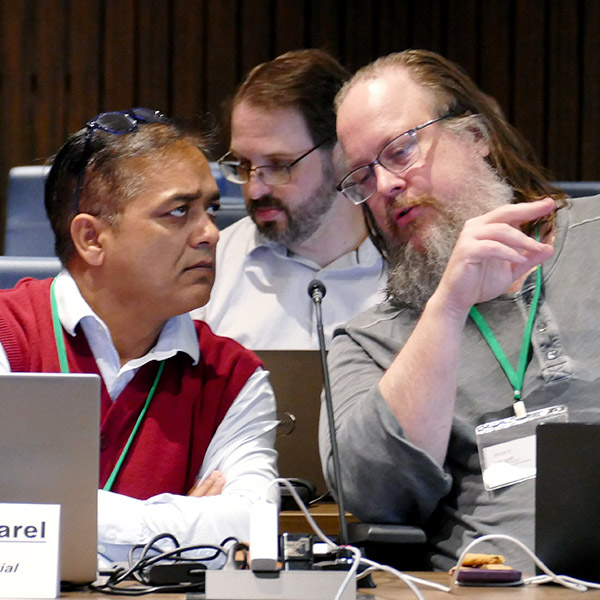ERCOT
ERCOT Board of DirectorsERCOT Other CommitteesERCOT Technical Advisory Committee (TAC)Public Utility Commission of Texas (PUCT)
The Electric Reliability Council of Texas manages the flow of electric power to about 90 percent of the state’s electric load. The nonprofit independent system operator is governed by a board of directors and is subject to oversight by the Public Utility Commission of Texas and the Texas Legislature.
The Texas Public Utility Commission’s staff has recommended the commission approve the construction of three 765-kV transmission lines, rather than 345-kV, into the petroleum-rich Permian Basin to improve the region’s reliability.
Two power industry CEOs at the Gulf Coast Power Association’s spring conference offered two different takes on ERCOT load growth over the rest of the decade — and how the sector should deal with a potential doubling of peak demand by 2031.
The troubled Texas Energy Fund has lost two more projects from its original list of applicants, raising questions about its ability to quickly add 10 GW of gas-fired dispatchable resources to the ERCOT grid.
ERCOT is poised to start testing real time co-optimization of energy and ancillary services in a few weeks and bring the change live this December, which will mark the biggest paradigm shift in Texas' wholesale markets in 15 years.
ERCOT’s plans to continue running a 55-year-old San Antonio gas plant scheduled for retirement are being endangered by "pretty significant findings" that increase costs and delay the schedule.
Texas’ loan program for gas generation has lost two more projects, marking the third and fourth companies to withdraw projects from the due diligence review process.
ERCOT has unveiled a long-term load forecast for 2031 that adjusts projections provided by transmission providers and accounts for the uncertain nature of data centers and other large users.
PJM's Manu Asthana will join ERCOT's Pablo Vegas in opening the Texas grid operator’s second annual Innovation Summit by discussing how they are adapting to and managing the complexities of “rapidly changing grids.”
ERCOT stakeholders have endorsed several protocol changes related to the ISO’s real-time co-optimization project, keeping on track a project seen as a cornerstone for future market improvements.
The Gulf Coast Power Association has awarded its former executive director, Kim Casey, the 2025 Power Star Award in recognition of her contributions to Texas’ competitive energy markets.
Want more? Advanced Search










